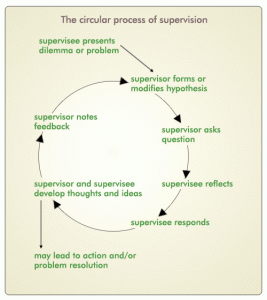This is good news for the charity sector.
The Australian Tax Office has decided not to appeal a Federal Court decision giving national Not for Profit, the Hunger Project, Public Benevolent Institution status – paving the way for more charities to access the fundraising status.
This means that more charitable entities that primarily fundraise for the relief of poverty, sickness, destitution and helplessness may be entitled to obtain endorsement as a Deductible Gift Recipient, or gain access to an exemption from fringe benefits tax.
See more in this article.

